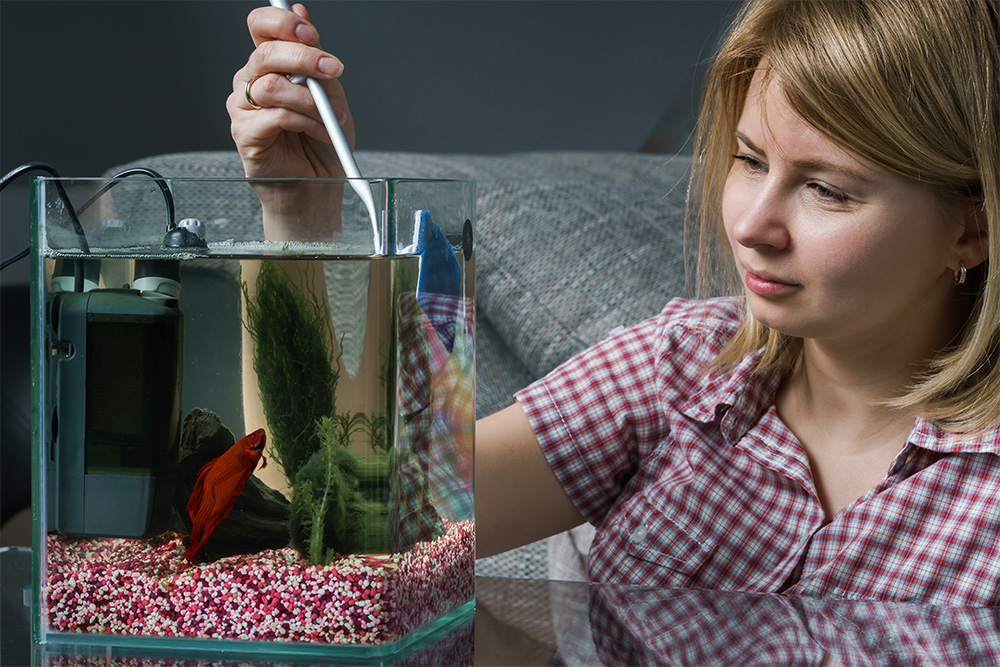Planted Tank Technique
Thinking Ahead
by John Tullock
What brings you to the doorstep of the world of planted aquariums? Are you an experienced hobbyist or professional aquarist seeking new inspiration? A beginner not yet sure if a planted tank is for you? Does the idea of a planted aquarium as art attract your attention? Or are you more interested in the ecology and natural history of aquatic environments? Thinking about these things prior to investing in an aquarium system can go a long way toward making that experience a satisfying one.
Let’s be honest. A thriving and beautiful planted aquarium represents not only an investment of money, but also a commitment to taking the time to carry out routine testing and maintenance. Like any garden, a planted aquarium requires ongoing care. If you choose to include fish or shrimps in your aquarium, they will create additional demands on your caretaking skills. If you are not prepared to make time for your aquarium, your best bet will be to engage the services of a professional maintenance company.
The maintenance commitment is one reason so many people are choosing smaller “nano” aquariums these days. Smaller systems make sense where space is at a premium, but they also require less time to maintain. Our discussions will largely be limited to aquariums that are 30 gallons or less in size.
Maintenance needs are also influenced by the nature of the “ecosystem” created within the aquarium. If the goal is to create a work of living art, it will be more easily accomplished if the aquarium’s inhabitants are chosen from among the species that have proven themselves most adaptable and carefree, based on long experience by many aquarists. Such an approach will free the aquarist from the effort required to coax difficult plants into robust growth, or to tempt a finicky fish to begin feeding. On the other hand, many of us are drawn to the challenge of working with rare or difficult species, and so may tailor the aquarium to the needs of our favorite species of the moment, without so much regard for the aesthetic aspects of the system. The majority of hobbyists, one suspects, opt for something in between.
Regardless of your goals for a planted aquarium, here are some topics to think about while your system is in the planning stages. We will explore these in greater depth in future posts.
Where in the home will the aquarium be located? Important considerations are utilities, sun exposure, temperature and safety.
How’s your water? Tap water can be great for an aquarium if it is de-chlorinated, but it can also be the source of innumerable problems.
Become familiar with water tests. You don’t need a chemistry degree to be a successful aquarium hobbyist. Nevertheless, understanding the fundamentals of water chemistry and how these affect plants and fish is key to avoiding many common problems.






